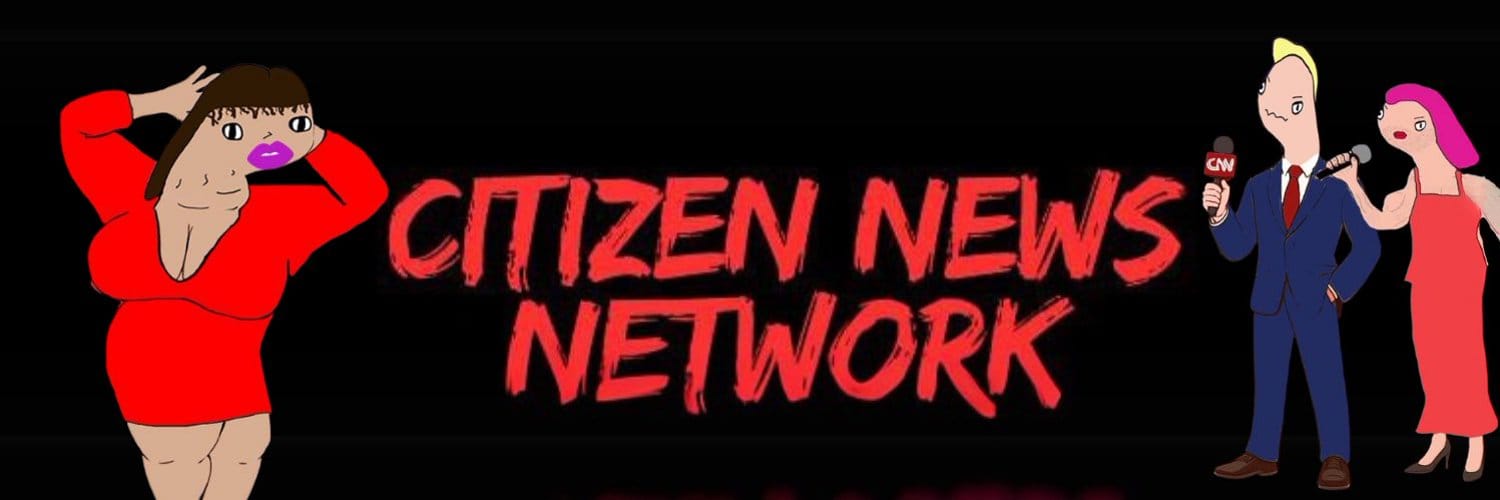The policy changes at Meta, announced on January 7, 2025, include several notable adjustments to the company’s approach to content moderation and hate speech:
- Hate Speech Policy Update: Meta’s new “Hateful Conduct” policy explicitly allows for “allegations of mental illness or abnormality when based on gender or sexual orientation,” citing the need to accommodate political and religious discourse about transgenderism and homosexuality. This is a significant shift from previous guidelines where such statements would have been subject to removal.
- Community Notes Over Fact-Checking: Meta has decided to eliminate third-party fact-checking in favor of a community-driven “Community Notes” system similar to X (formerly Twitter), which relies on user-generated context to address misinformation. This change has raised concerns about the potential for increased spread of hate speech and misinformation, as community notes systems can be manipulated or biased.
- Broader Policy Relaxations: The policy also relaxes restrictions on discussions about immigration, gender identity, and gender, allowing for content that was previously moderated. This includes allowing users to make derogatory remarks about gender and sexual orientation in political or religious contexts, arguing for gender-based job limitations in certain professions, and excluding individuals from spaces like bathrooms or sports based on gender identity.
- Criticism from Advocacy Groups: GLAAD and other advocacy organizations have criticized these changes, stating that Meta is essentially giving “the green light for people to target LGBTQ people, women, immigrants, and other marginalized groups with violence, vitriol, and dehumanizing narratives.” They argue that these policy changes could lead to a surge in harmful content, undermining the safety and dignity of protected groups on Meta’s platforms.
- Political Context: The timing of these changes coincides with Meta’s CEO Mark Zuckerberg making statements about returning to the company’s roots of prioritizing free expression, especially in light of recent U.S. elections, which he described as a cultural tipping point towards less content moderation. Critics suggest this might be an attempt to align with a new political climate, particularly with an incoming Trump administration.
These updates have sparked significant backlash, with many seeing them as a step backward in protecting online communities from hate speech and misinformation. The policy changes are part of a broader overhaul Meta is undertaking, moving away from what it describes as overly complex content moderation systems that led to too many mistakes and censorship.




Mark Zuckerberg’s Meta will allow people to say LGBT+ people are mentally ill.